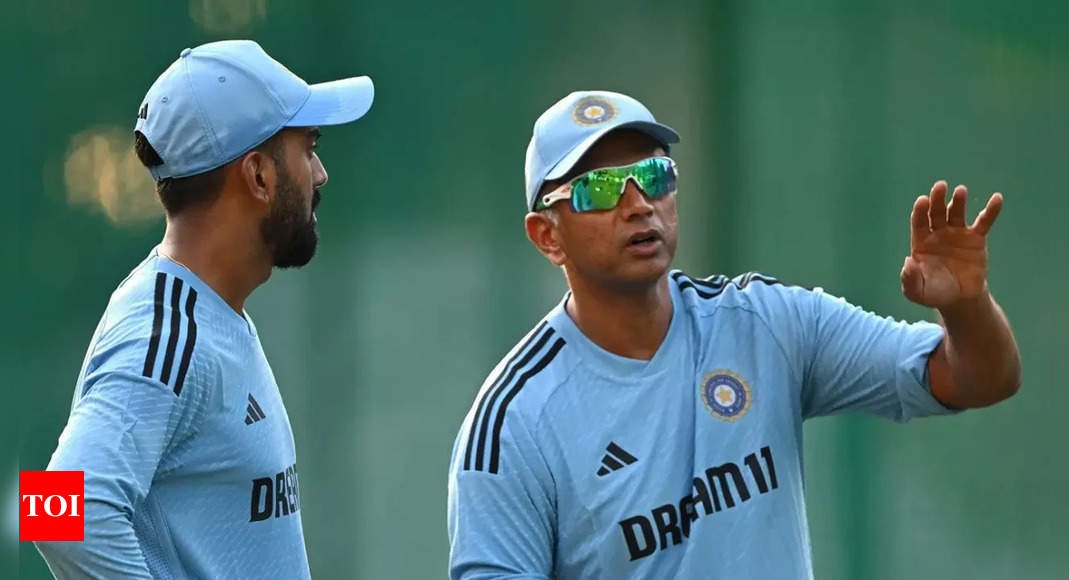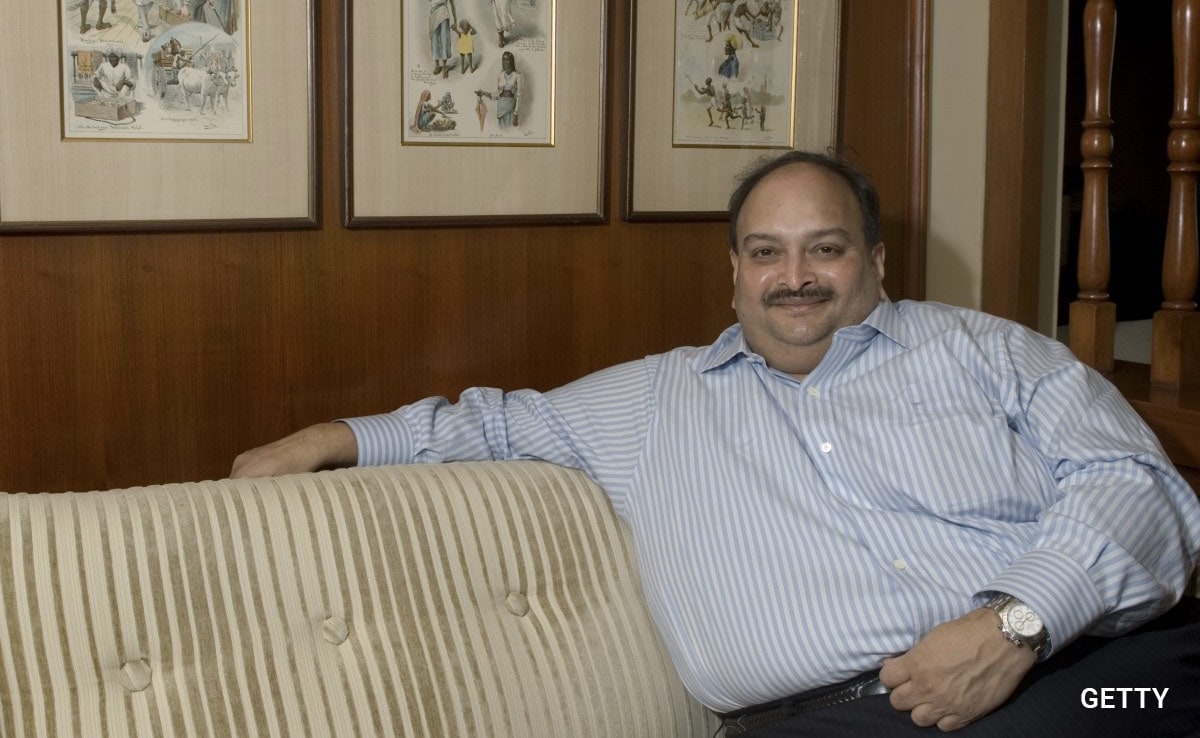

Raamdeo Agrawal, chairman of Motilal Oswal Financial Services recommends investing in ‘bruised blue chips’. He highlighted that Motilal Oswal Financial Services’ wealth creation study this year focuses on turnaround stocks, particularly examining profitable opportunities in temporarily troubled blue-chip companies.
In an interview with ET, Raamdeo Agrawal said that the current market is ideal for stock selection due to valuations and earnings decline. Corporate profits may recover in Q4 of the current fiscal year, he said.
Asked about ‘bruised blue chips’ Raamdeo Agrawal cited Asian Paints and D Mart as examples of genuine blue chips facing current challenges.
How to identify ‘bruised blue chips’
Agrawal explained Motilal Oswal Financial Services’ criteria: bruised blue chips are those that show a decline exceeding 50% from their peak values. Their definition of blue chips includes the top 50 Nifty firms plus companies within the top 250 that maintained a 20% ROE average over ten years.
Also Read | ‘US Department of Justice has no business…’: Mark Mobius says US DOJ overstepped bounds on Adani case
Currently, 107 companies within the top 250 qualify as blue chips. Historical examples include Mahindra and Mahindra and Bharti Airtel, he said.
Present-day ‘bruised blue chips’ include approximately 10-11 companies showing over 30% decline from their peaks. These include several Adani companies, Asian Paint (down 30-33%), Avenue Supermarket (down 30-33%), Tata Elxsi (down 40-45%), and Berger Paints (down 37-38%), Agrawal explained.
“For us, a fall of 50% is very important. Right now, except for a few Adani companies, none of the other companies have crossed 50%. Now, what is the importance of 50% or 70%? It is the asymmetric payoff. When 100 becomes 50 and my blue chip goes back to 100, it’s a doubler for me. So, if it happens two years after my purchase, it’s a 40% return. If it happens in three years, it’s a 25% return and in four years, it is 18%. But the beauty is that I am buying an option into future prosperity,” he said.
He also said that investors should adjust their expectations for reduced returns moving forward. “A lot of people understand that they have got excessive returns and that future returns are going to be very low. But nobody is bothering about that. I look at only one thing: Earnings growth. If there are earnings, everything is fine. If there are no earnings, everything is wrong. Given that, we should be in for further correction but the domestic flows are so strong that the market is holding up,” he said.







